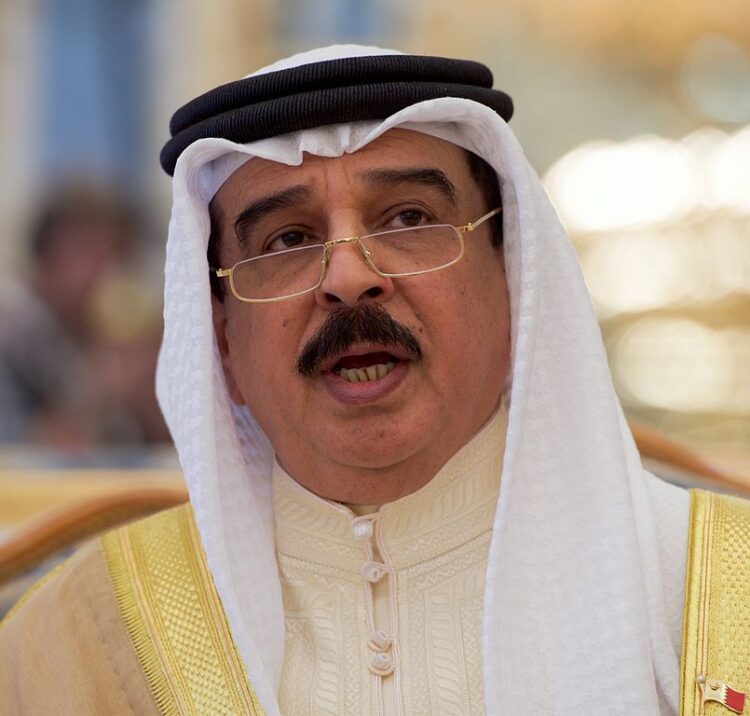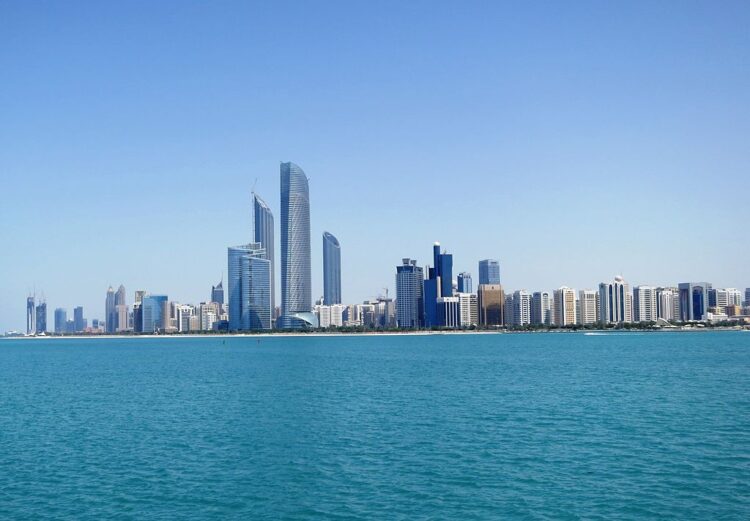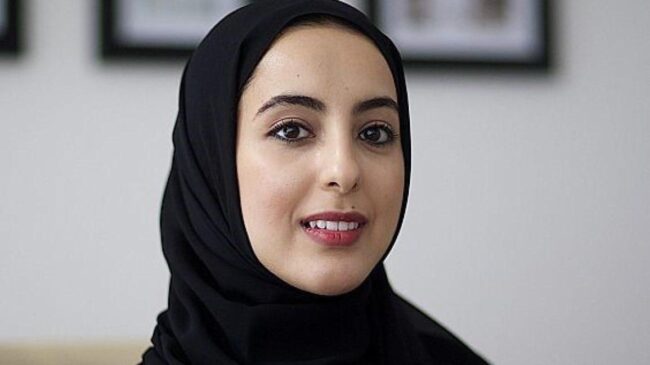Israel’s normalization agreements with the United Arab Emirates and Bahrain, formalized in Washington, D.C. in a White House ceremony presided over by U.S. President Donald Trump last month, already seem warmer and more substantive than the peace treaties Israel signed with Egypt and Jordan in 1979 and 1994 respectively.
If optics mean anything, Israel and its new Arab partners in the Persian Gulf are off to a far better start in establishing solid bilateral relations than was ever the case in Israel’s historic rapprochement with Egypt and Jordan.
At last month’s session of the United Nations General Assembly, which unfolded in virtual form due to the coronavirus pandemic, the United Arab Emirates and Bahrain toned down their respective critiques of Israel’s policy toward the Palestinians.
In previous years, they criticized Israel as they championed the Palestinian cause, demanding an end to Israel’s occupation of the West Bank and the Golan Heights, calling for a Palestinian state with East Jerusalem as its capital, and lambasting Israeli settlements.
This year, however, as Raphael Ahren observed in a piece in the Times of Israel, the United Arab Emirates adopted a softer position regarding Israel’s dispute with the Palestinians.

Its foreign minister, Abdullah bin Zayed al-Nahyan, endorsed a two-state solution, in keeping with the 2002 and 2007 Arab League peace proposals, which Israel rejected. But tellingly enough, he did not mention Israel’s occupation. Nor did he condemn its network of settlements or lament Palestinian suffering.
As for Bahrain, King Hamad bin Isa al-Khalifa called for a resolution of the Arab-Israeli dispute “in accordance with a two-state solution” and expressed support for Palestinian statehood on the basis of the pre-1967 armistice lines.

But he refrained from attacking Israel and hailed Bahrain’s normalization accord with Israel as an “embodiment of our resolute approach to openness and coexistence with all.”
This marks a refreshing change in the general Arab approach to Israel. A glass ceiling has been broken.
While the United Arab Emirates and Bahrain have not abandoned the Palestinians, they seek normal relations with Israel in a variety of fields.
Despite COVID-19 travel restrictions, Israel, the United Arab Emirates and Bahrain have begun to lay the groundwork for new aviation routes that will connect the three countries. This process has been greatly facilitated because El Al, Israel’s national carrier, can now fly over Saudi Arabian air space to reach Abu Dhabi and Manama directly.

Anticipating a flow of Israeli tourists in the future, hotels in Abu Dhabi and Manama have announced they soon will be able to serve kosher meals to guests.
And in another sign of the times, a soccer team in the United Arab Emirates, Al-Nasr, became the first Arab club to sign a player from Israel. Dia Saba, a midfielder, is an Israeli Arab who played for Maccabi Tel Aviv before joining a Chinese team.
On September 30, the director of the Mossad, Yossi Cohen, visited Bahrain in a trip that was officially announced by the Bahrain News Agency. It was his first official visit to Bahrain since the signing of its normalization pact with Israel. In the past, such visits were kept strictly secret.
And in another remarkable development, the United Arab Emirates’ minister of state for youth affairs, Shamma al-Mazrui, delivered a speech on the eve of Rosh Hashanah hailing the “wisdom of Shabbat,” pointing out the similarities between Islam and Judaism, and calling for peace.
As she put it, “My dream is that peaceful coexistence will become a conversation across faith denominations, disciplines and generations.”

And in a blog post for the Times of Israel, she called for “radical tolerance and radical love” and voiced her commitment to building bridges of understanding between Muslins and Jews and Israelis and Emiratis.
Such expressions of amity and goodwill have been fairly rare in Israel’s often tense relationships with Egypt and Jordan, both of which have waged wars against Israel. By contrast, neither the United Arab Emirates nor Bahrain have ever fought Israel, which explains, in part, the comparative absence of bitterness in their overall perception of and attitude to Israel.
Could it be that their normalization agreements with Israel signal a new beginning in the Middle East? Judging by recent events, this may well be true.
